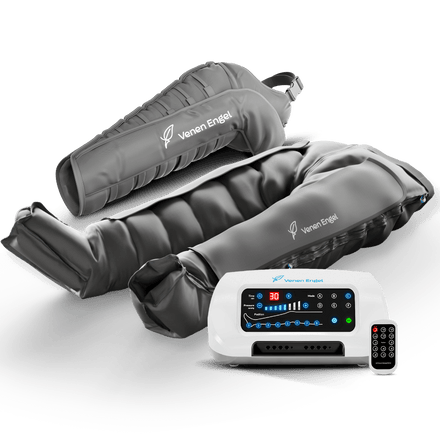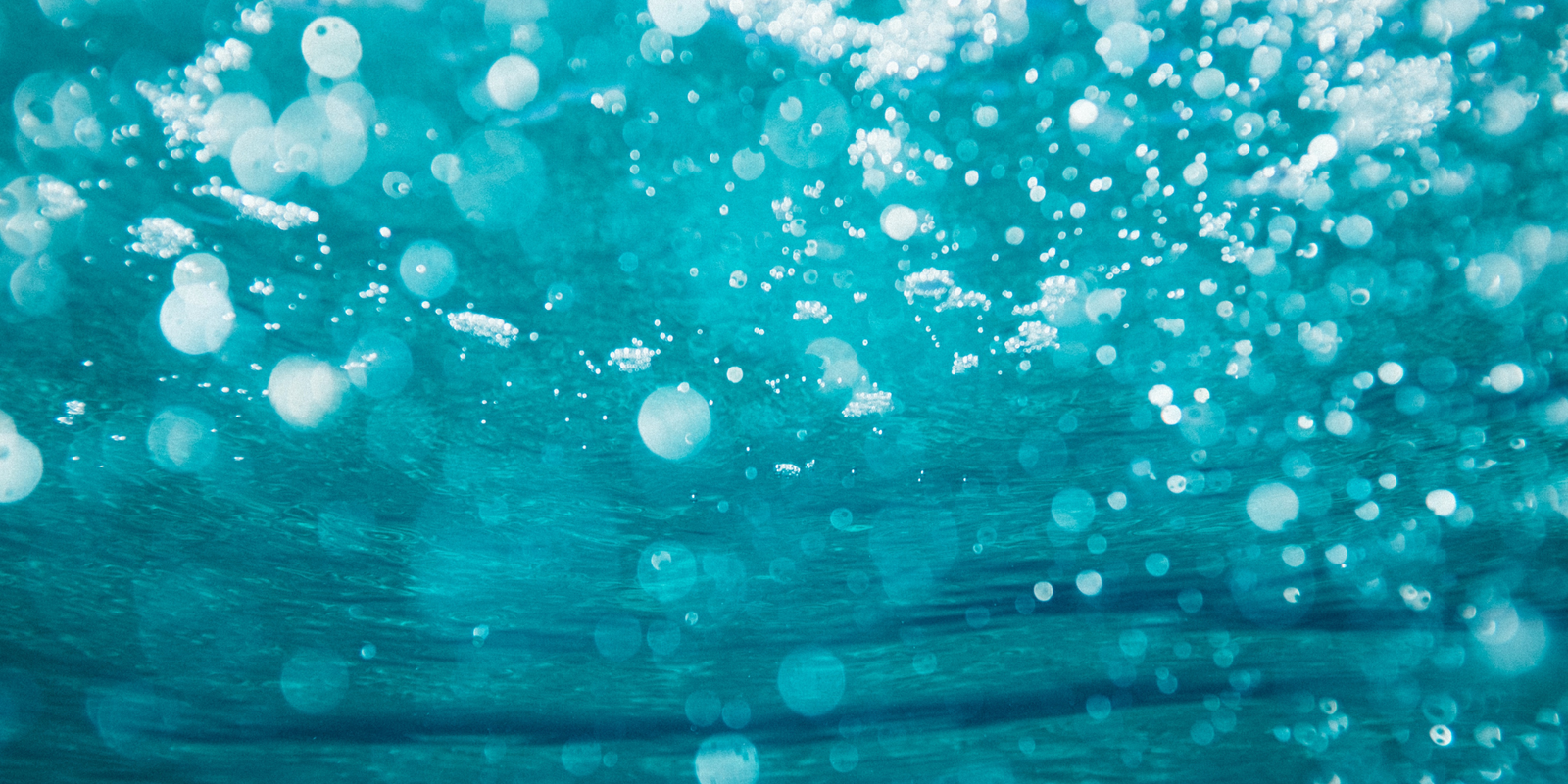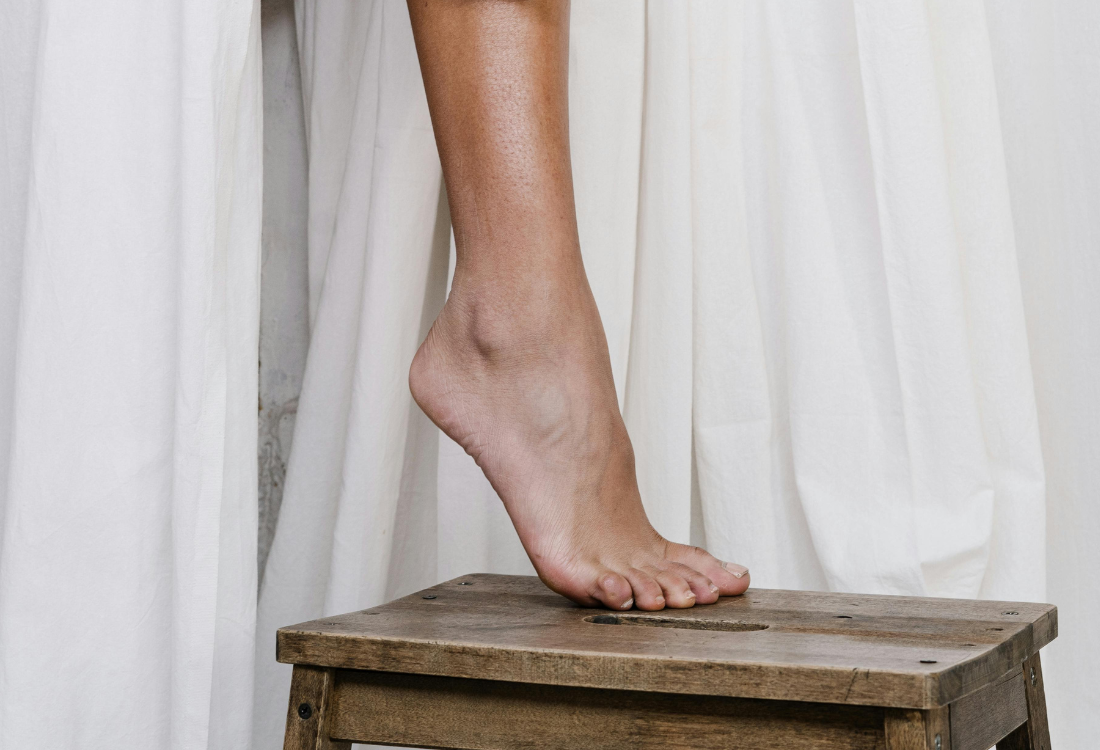
Do your legs and arms feel more swollen than usual and does your skin seem tight? If so, you may be suffering from water retention (edema).
Water retention usually occurs unnoticed, but it can quickly lead to many problems. Under certain circumstances, water retention can cause serious complications such as pain or difficulty walking. The good news is: There are home remedies that can help you with water retention. From refreshing teas to relaxing compresses to simple adjustments in your daily routine – these tips support you in gently reducing excess fluid.
What are water retention issues?
Water retention, also called edema, is swelling in parts of the body. Water retention can occur in the legs, ankles, or feet, but also in the face and hands, and is caused by fluid accumulation in the body tissue.
Prolonged sitting during the workday or on flights, hormonal fluctuations during pregnancy, and even standing for too long can be the cause here. Your body is made up of 50 to 60 percent water. If your water balance is not maintained, your body tends to hold onto this water. However, some serious health issues can also cause edema.

If you want to learn more about possible causes of water retention, read our article where we explain how water retention can occur.
Symptoms of Water Retention
Water retention can make you feel heavier than usual and less mobile or active. You may experience pain in your legs and arms, making movement difficult. But that's not all: The symptoms of water retention can be more varied:
Flatulence, especially in the abdominal area
swollen legs, feet, and ankles
Swelling of the abdomen, face, and hips
stiff joints
Weight fluctuations
Read more about symptoms of water retention in our article.
Home remedies for water retention
Fortunately, there are natural home remedies that can help you remove excess fluid from your body and improve overall well-being. These remedies are easy to apply and gentle on your body. An excellent way to naturally combat water retention. From soothing teas to refreshing foods to relaxing applications – discover how you can tackle water retention with home remedies.
What is a diuretic?
A diuretic, also known as a "water pill," is a substance or medication that increases the production of urine in the body. The main goal of a diuretic is to eliminate excess fluid from the body.

Nutrition and Beverages
Herbal teas
- Nettle Tea: This tea can help you as it has mild diuretic properties. Drink 2-3 cups daily to support your fluid balance.
- Dandelion Tea: A traditional remedy to promote urination, which can help you with occasional water retention.
- Green tea: In addition to antioxidants, it also contains substances that can support fluid regulation in the body.

The effect of individual herbs
Lemon verbena can help to drain the body and reduce fluid retention thanks to its diuretic properties. Additionally, it can assist you in reducing stress and digestive issues such as bloating and constipation.
Horsetail is an herb rich in micronutrients (silicon, potassium, manganese, etc.) and other beneficial compounds (e.g., phytosterols, phenolic derivatives). In addition to its beneficial effects on joints, bones, hair, skin, and nails, it can have a diuretic effect and help reduce fluid retention.
Nettle is a valuable herb that can also be used as a natural diuretic. Nettle can help eliminate excess water, thereby reducing swelling and alleviating bothersome water retention.
Parsley can be used as a spice and help reduce fluid retention (also known as "water retention" or "edema"). It contains a range of nutrients, including potassium, and can have a diuretic effect.
Dandelion has been used for hundreds of years as an herbal remedy for various ailments. Extracts from its leaves can have a mild diuretic and draining effect.
Additionally, dandelion can help detoxify the kidneys and alleviate the symptoms of mild digestive disorders.
Green coffee and green tea are used as aids to reduce edema, for weight loss, and to treat cellulite.

Water and Infused Water
- Drink enough water: Drink enough water to keep your body well hydrated. This can help to naturally eliminate excess fluid.
- Infused Water: Water infused with fresh herbs or fruits like cucumber, lemon, or mint can also help you consume more fluids.
Draining foods
- Cucumber: With its high water content, it is not only refreshing but can also contribute to hydration.
- Watermelon: This fruit is not only delicious but can also help support your hydration.
- Celery: Contains potassium and can help regulate fluid balance.
- Find more foods that can help against water retention in our article.

External applications and compresses
Cold compresses and wraps
- Cold Compresses: A cool bath or cold compresses can have a soothing effect and reduce swelling.
Massage and Movement
- Compression Massage: A gentle massage can promote blood circulation and lymph flow, enhancing your comfort.
- Self-massage: Use gentle, circular motions along the legs and arms to promote blood circulation and support well-being.

Understanding Water Retention
Home remedies for water retention
Home remedies can play a supportive role in alleviating water retention and improving your well-being. Choose the remedies that suit your individual needs and combine them with an active lifestyle. However, if you have persistent or serious complaints, you should not hesitate to seek professional medical advice.








